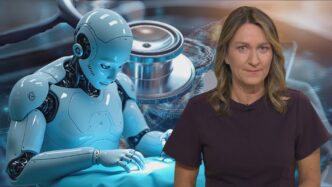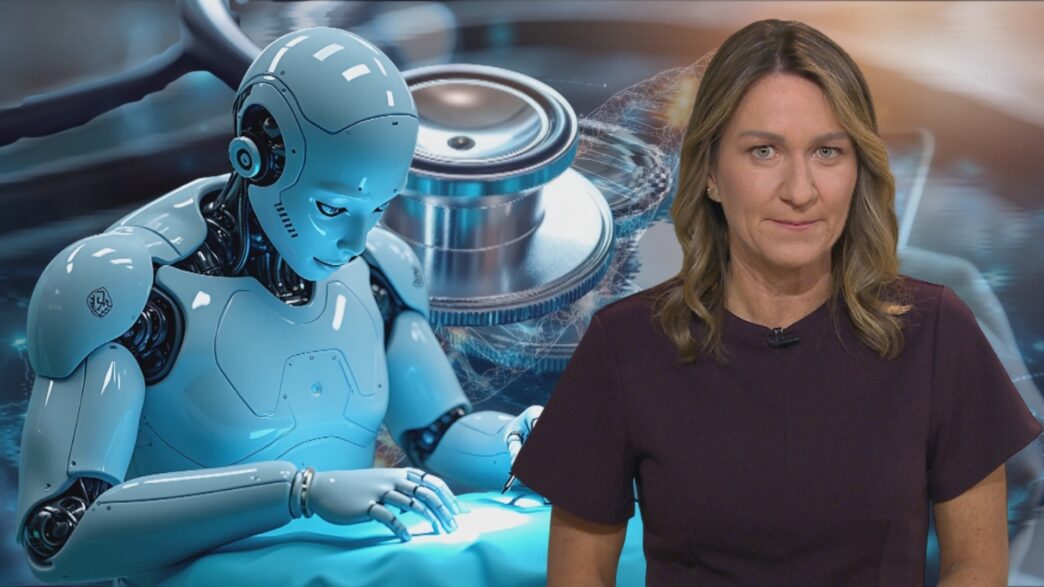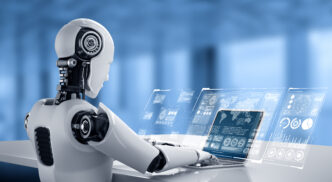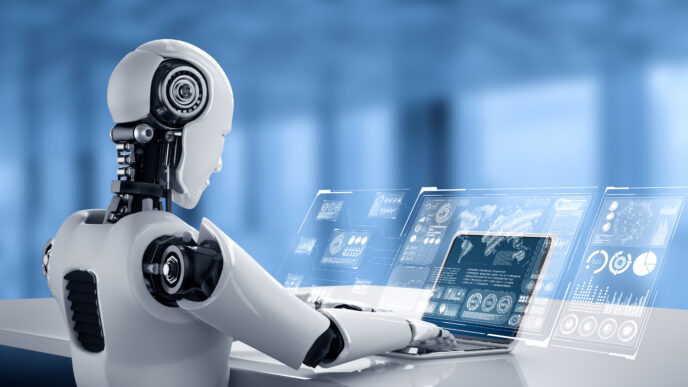AI is taking on physical medicine and mental health roles. From diagnosing rare diseases to helping people with anxiety and depression, artificial intelligence is stepping into tasks traditionally done by doctors and therapists.
The use of AI in healthcare is growing fast. But there are big questions. Can patients fully trust AI for critical health decisions? Who answers if the AI gets it wrong? And what does this mean for future healthcare jobs and systems?
Stefanie Dekker led the discussion with experts Andreas Michaelides, a psychologist and health tech pro, Dr. Chintan Dave, an ICU doctor, and AI educator Xiao Zeng.
Andreas Michaelides talked about AI’s mental health role.
“Artificial intelligence is being used to diagnose rare diseases and provide vital support for people dealing with anxiety and depression, taking on roles traditionally held by healthcare professionals.”
They emphasized the balance needed between AI support and human care.
Dr. Chintan Dave flagged risks in relying too much on AI for ICU decisions. Xiao Zeng highlighted the need for transparency and ethics in AI healthcare tools.
No clear answers yet on accountability or trust. But AI’s medical footprint is only expanding.
Expect AI to keep reshaping healthcare. The debate around safety and responsibility will only get louder.












